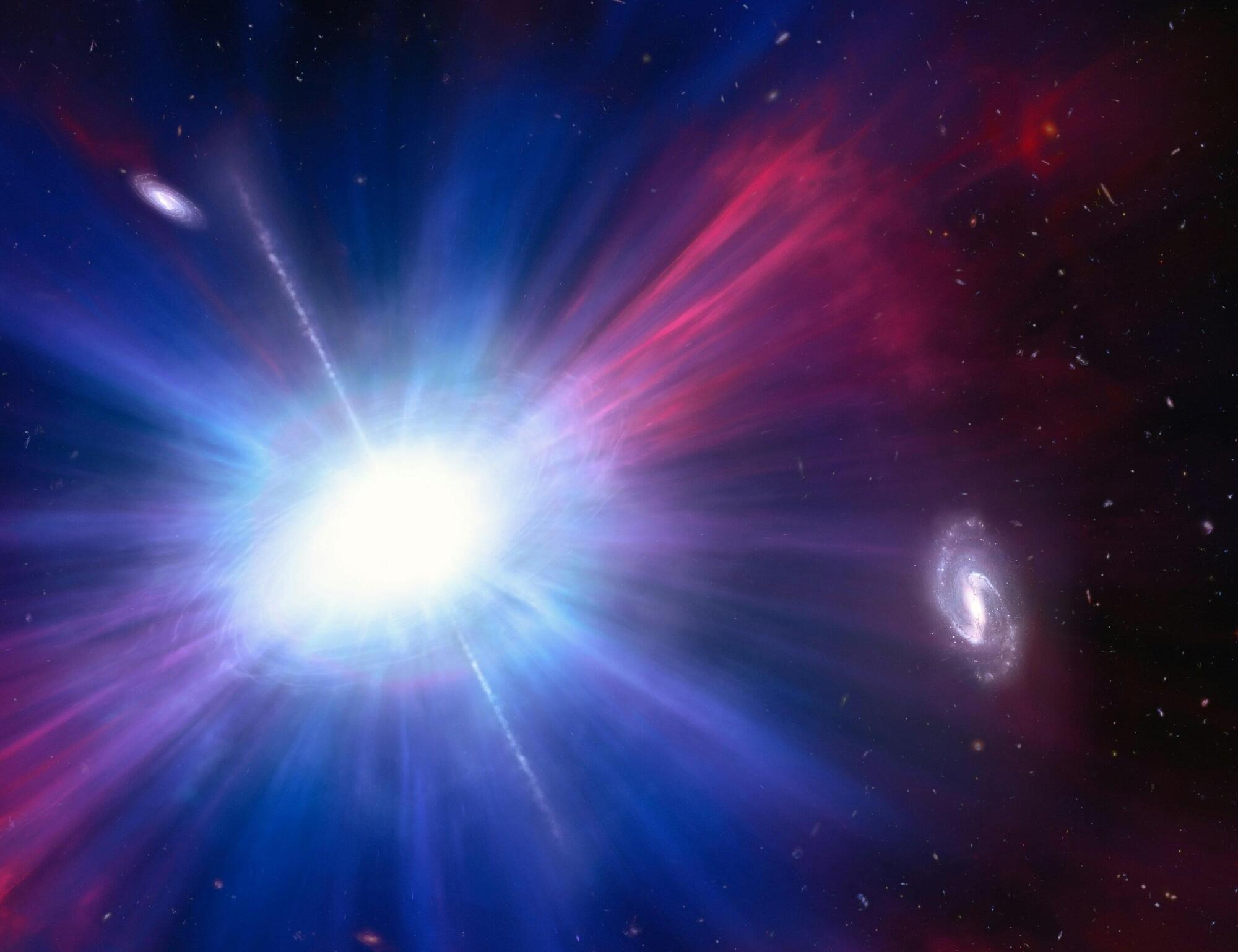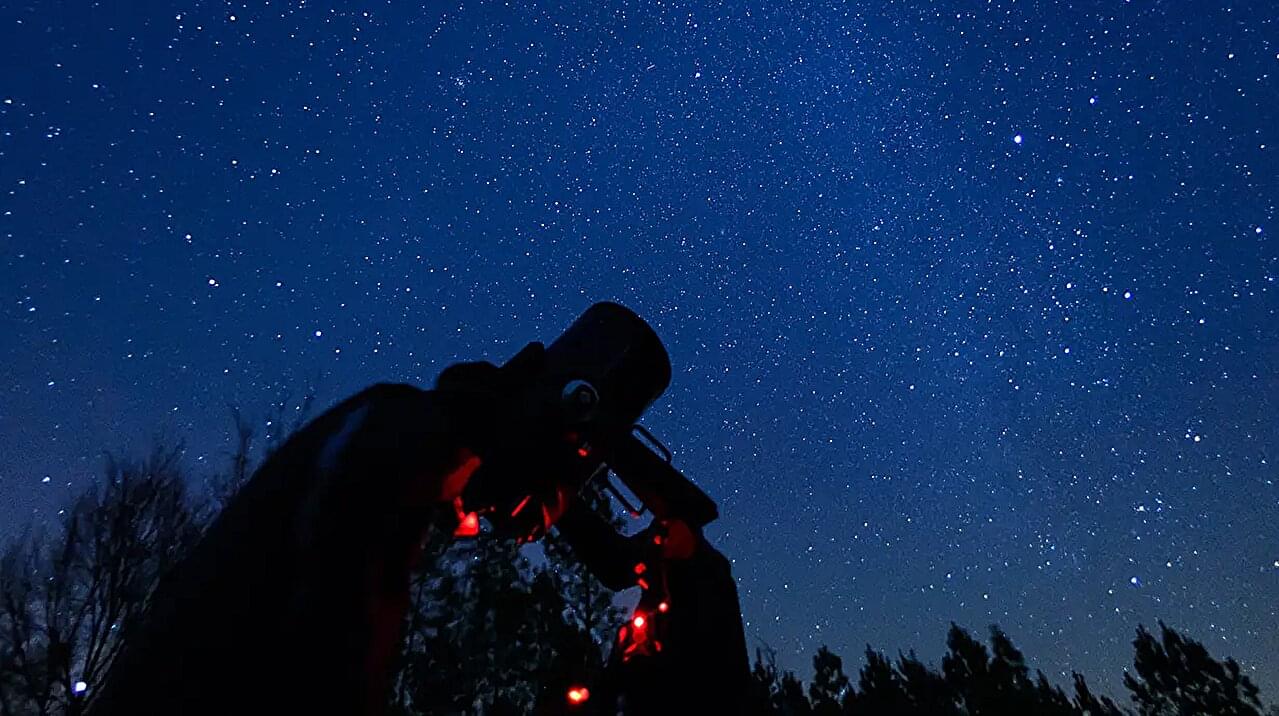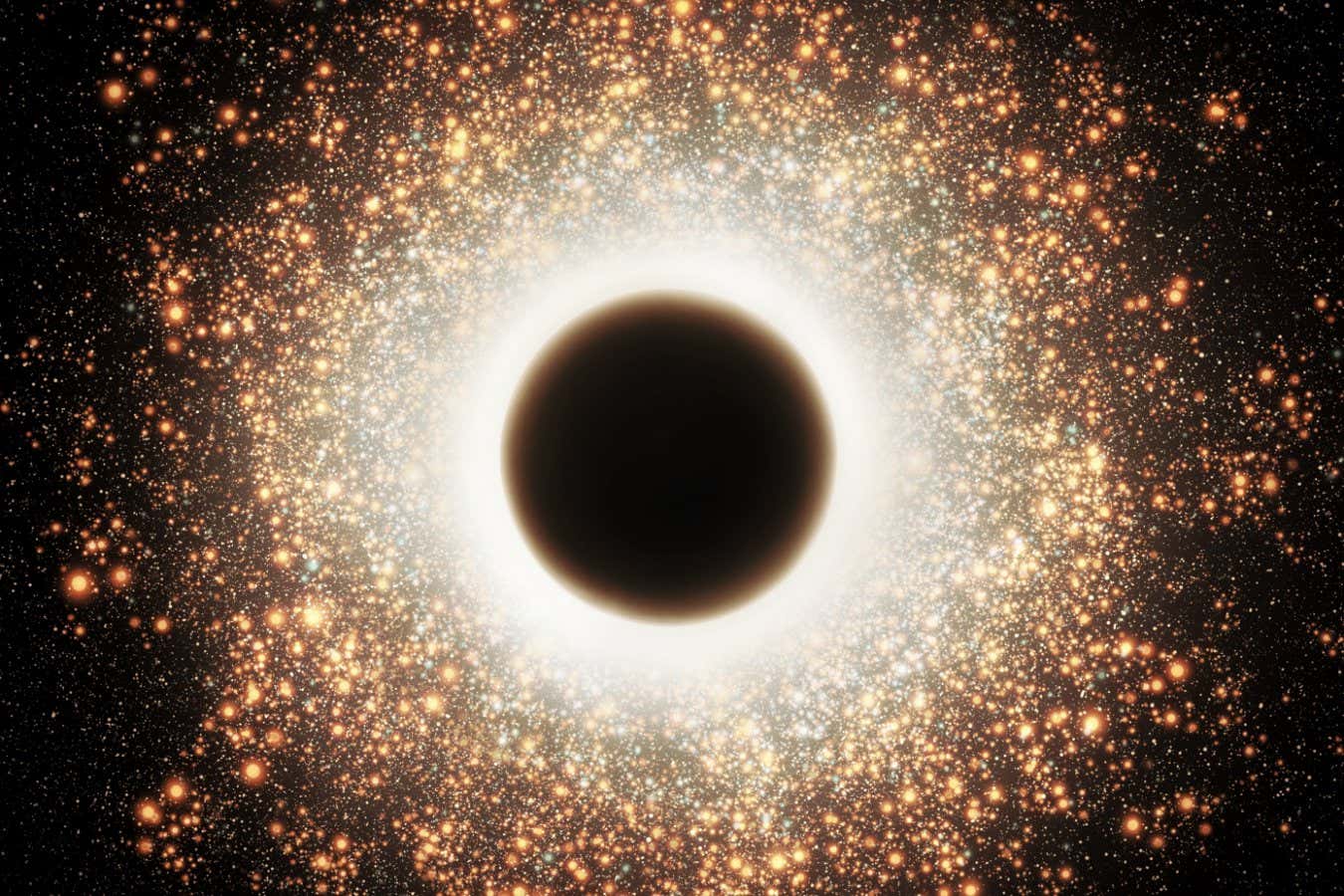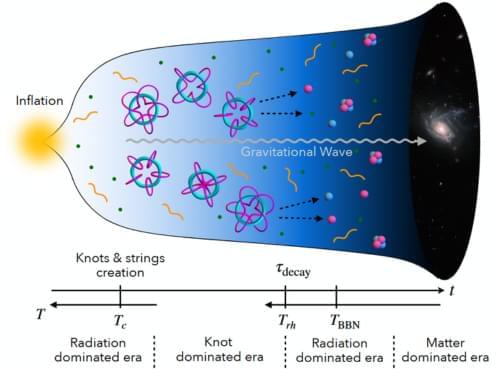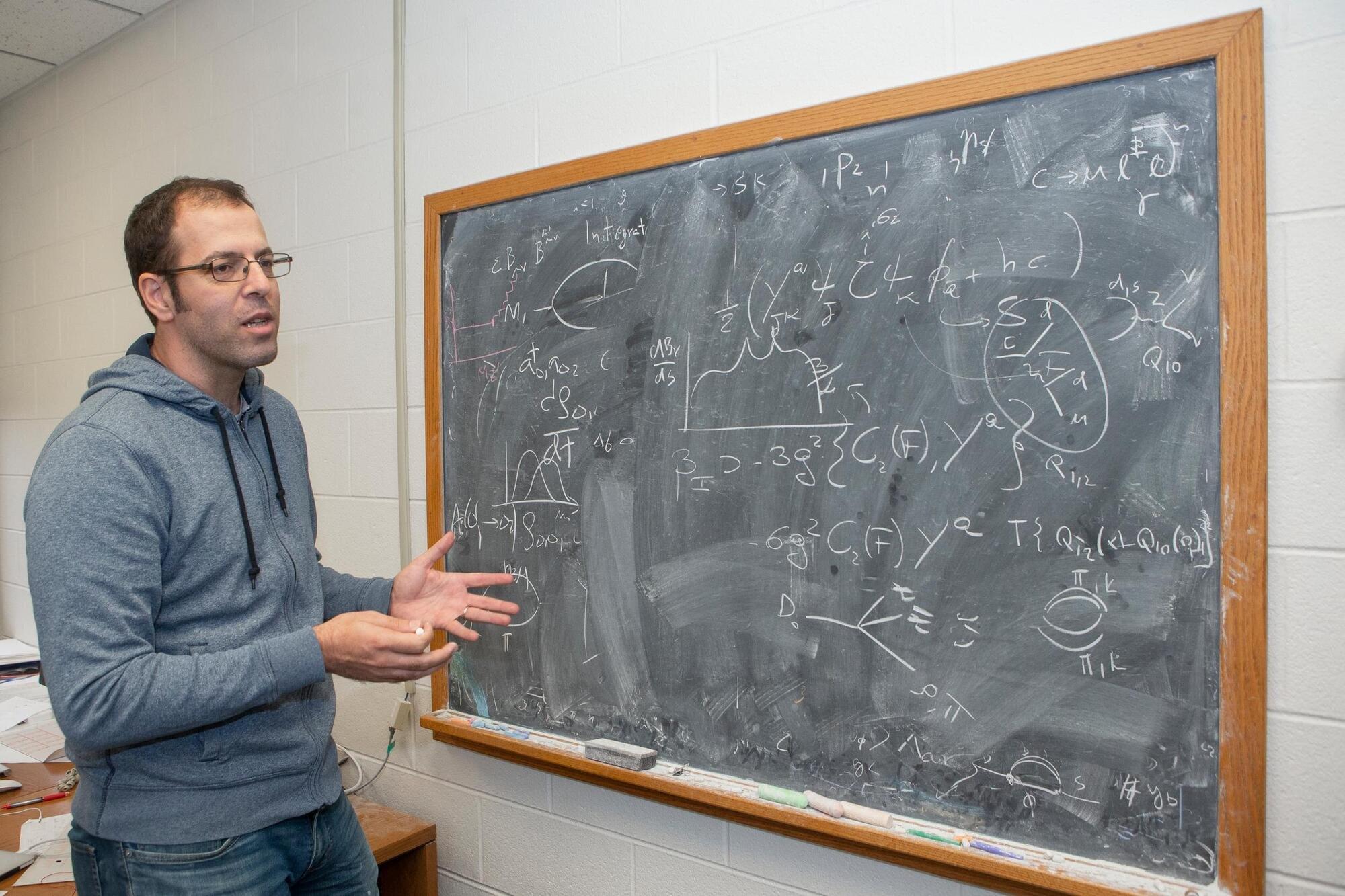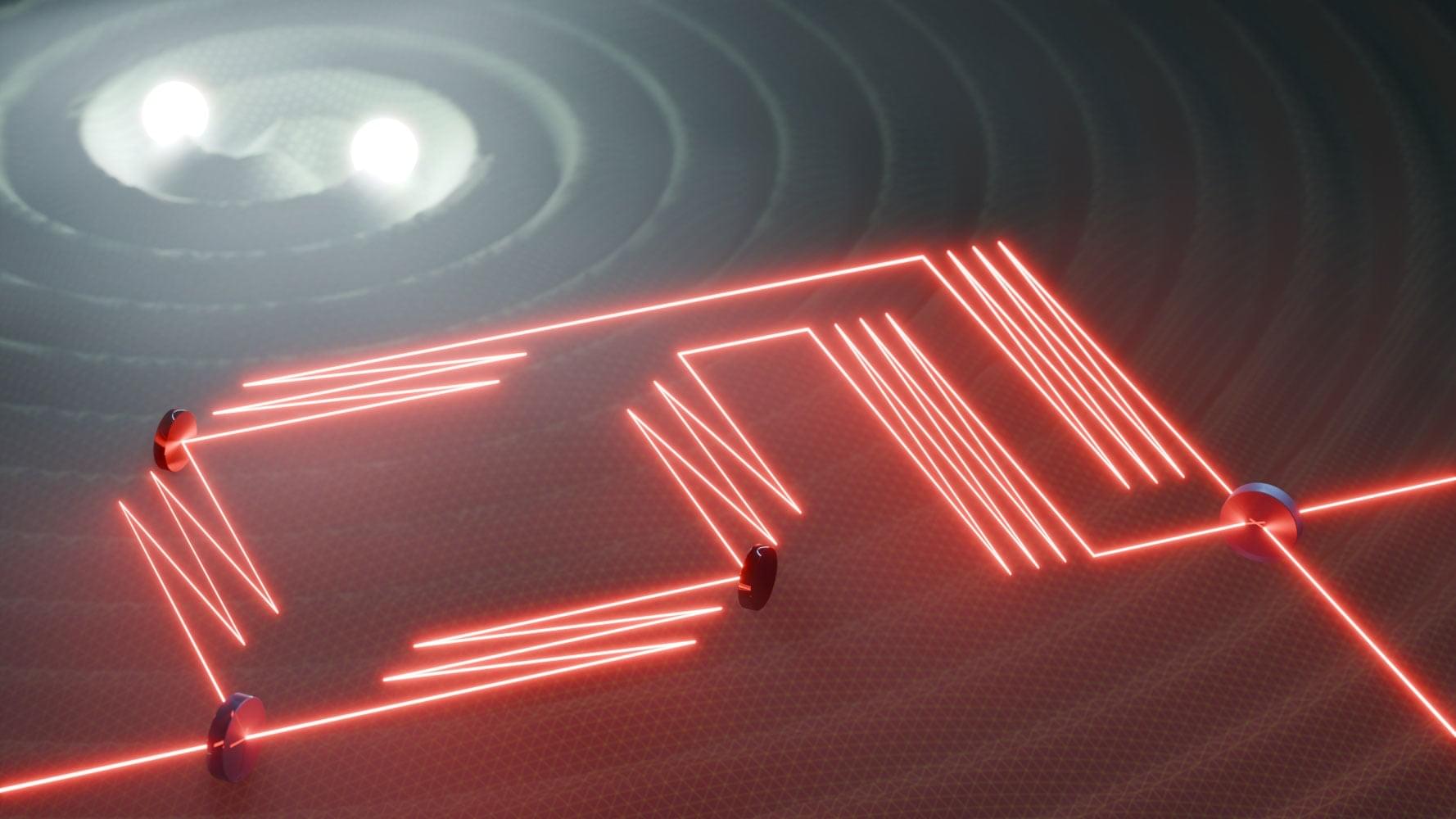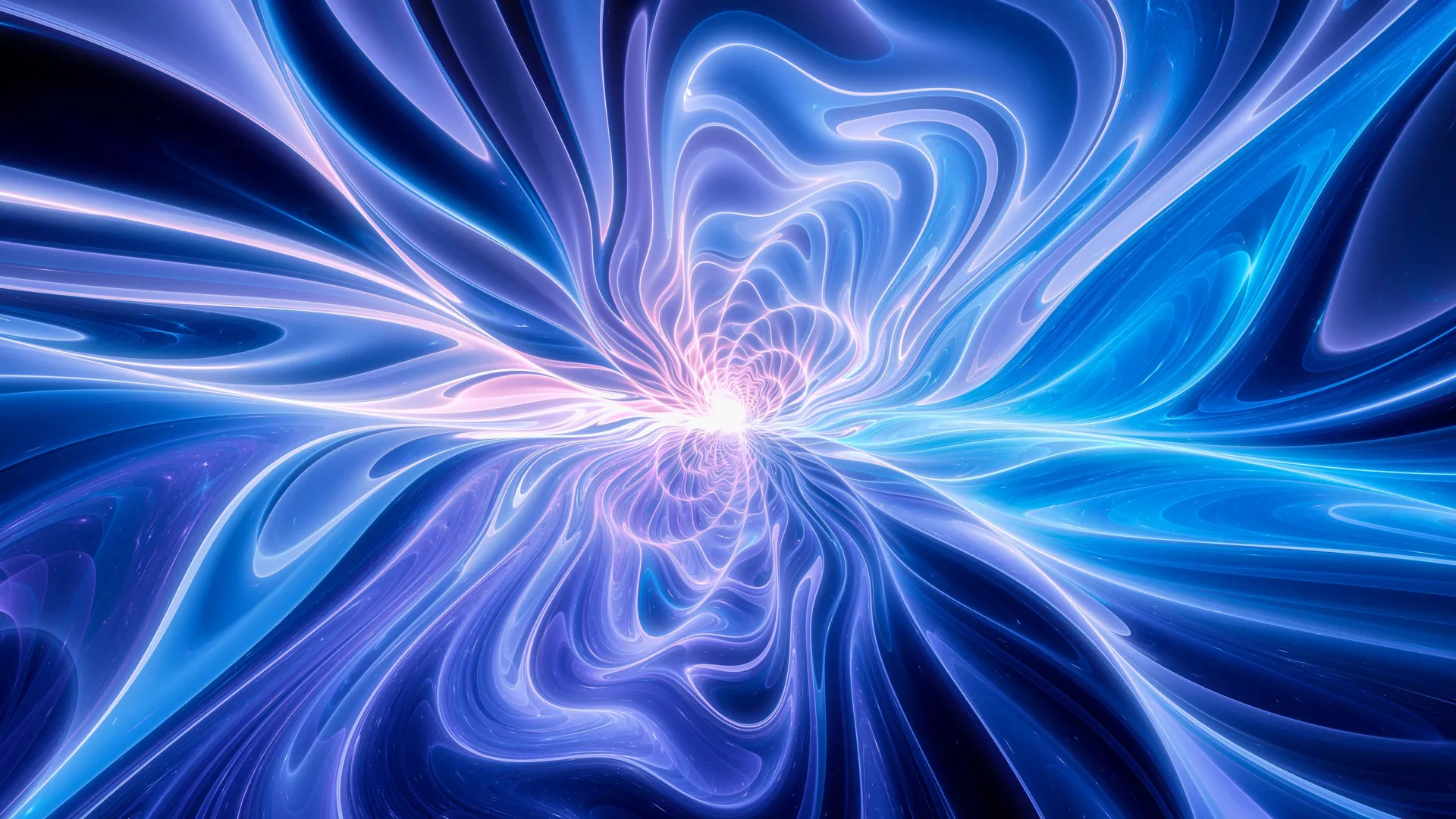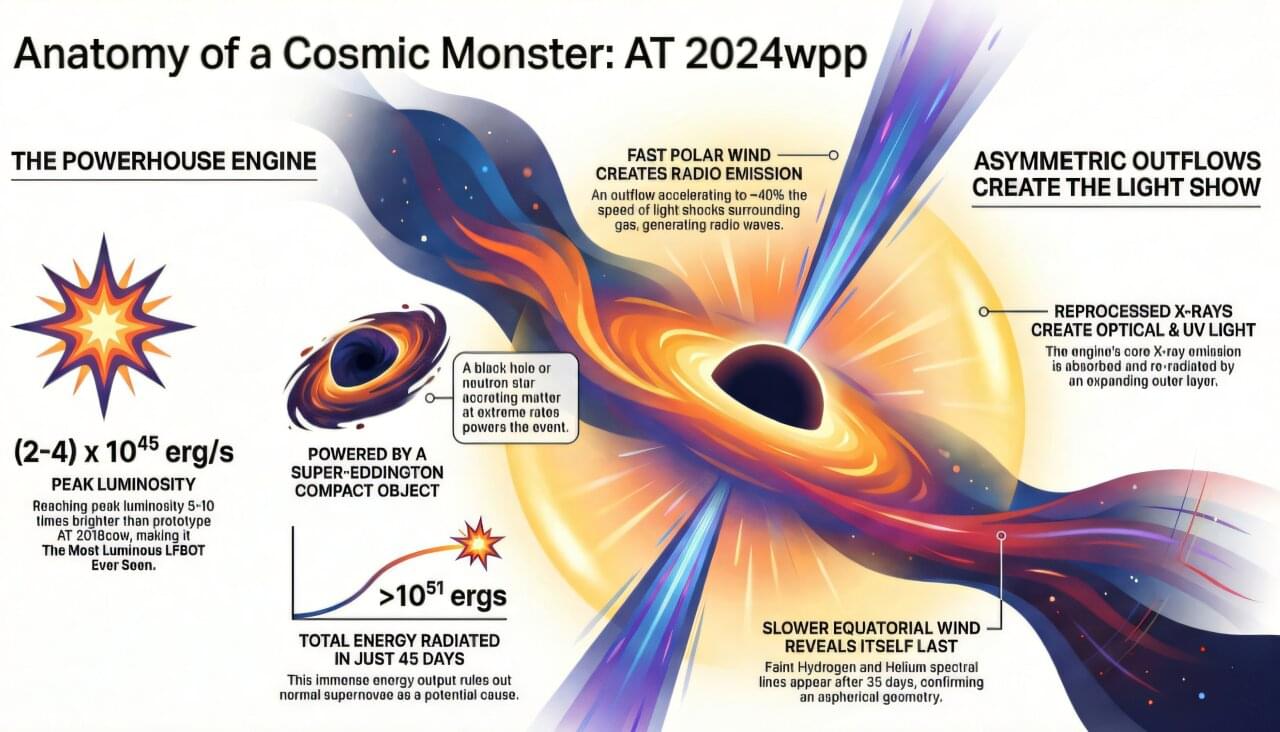An international team of astronomers has achieved a first in probing the early universe, using the James Webb Space Telescope (JWST), detecting a supernova—the explosive death of a massive star—at an unprecedented cosmic distance.
The explosion, designated SN in GRB 250314A, occurred when the universe was only about 730 million years old, placing it deep in the era of reionization. This remarkable discovery provides a direct look at the final moments of a massive star from a time when the first stars and galaxies were just beginning to form.
The event, which has been reported on in the recently published academic paper JWST reveals a supernova following a gamma-ray burst at z ≃ 7.3, (Astronomy & Astrophysics, 704, December 2025), was initially flagged by a bright burst of high-energy radiation, known as a long-duration Gamma-Ray Burst (GRB), detected by the space-based multi-band astronomical Variable Objects Monitor (SVOM) on March 14, 2025. Follow-up observations with the European Southern Observatory’s Very Large Telescope (ESO/VLT) confirmed the extreme distance.
